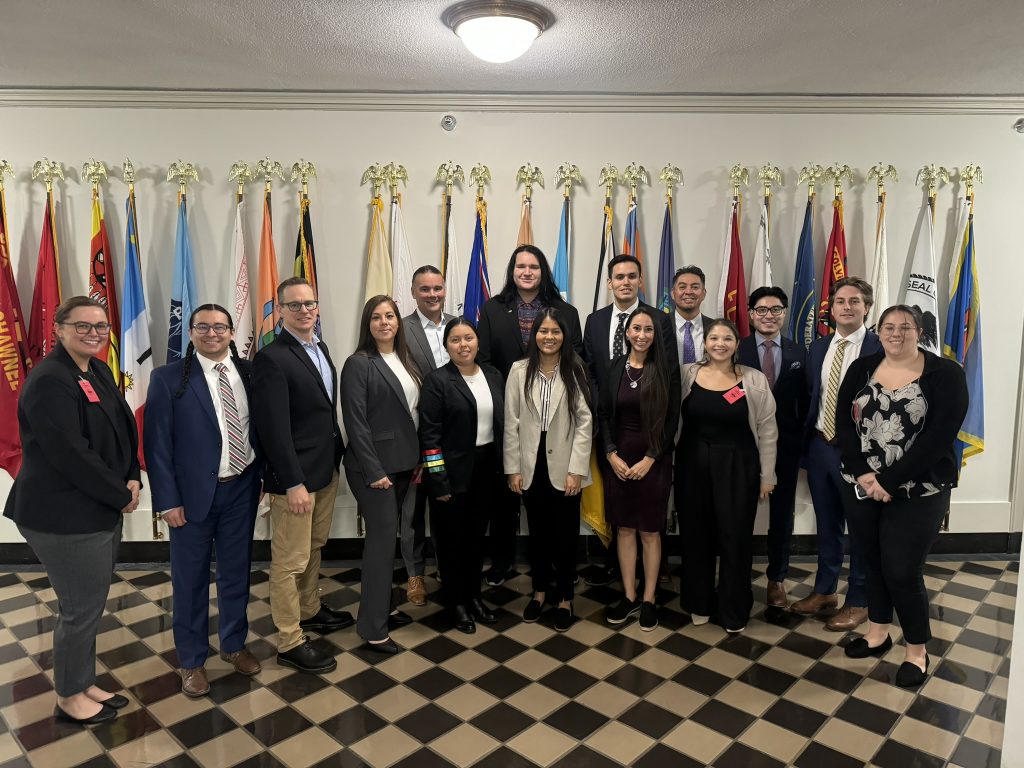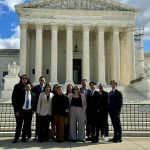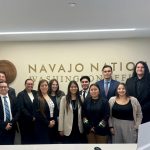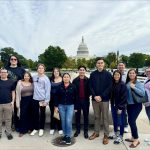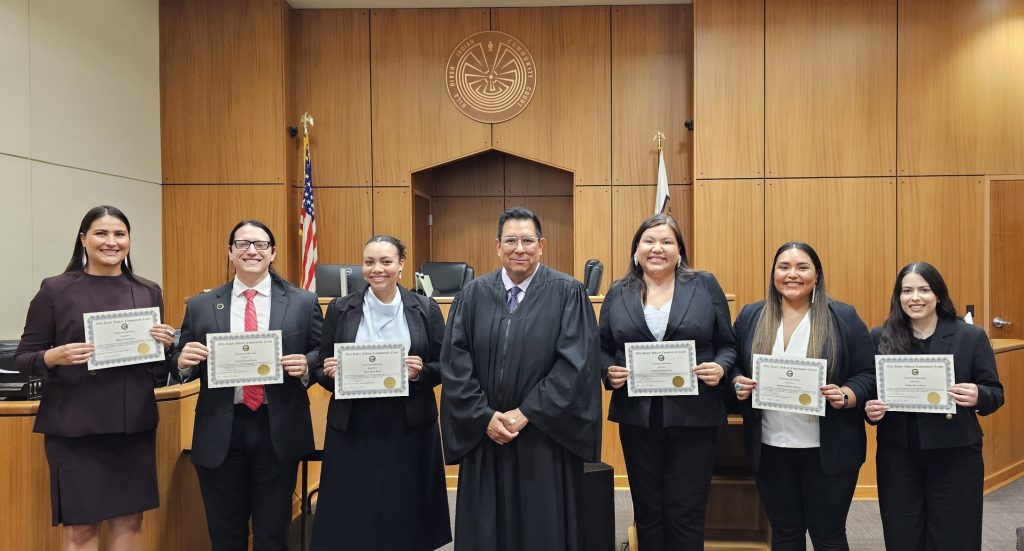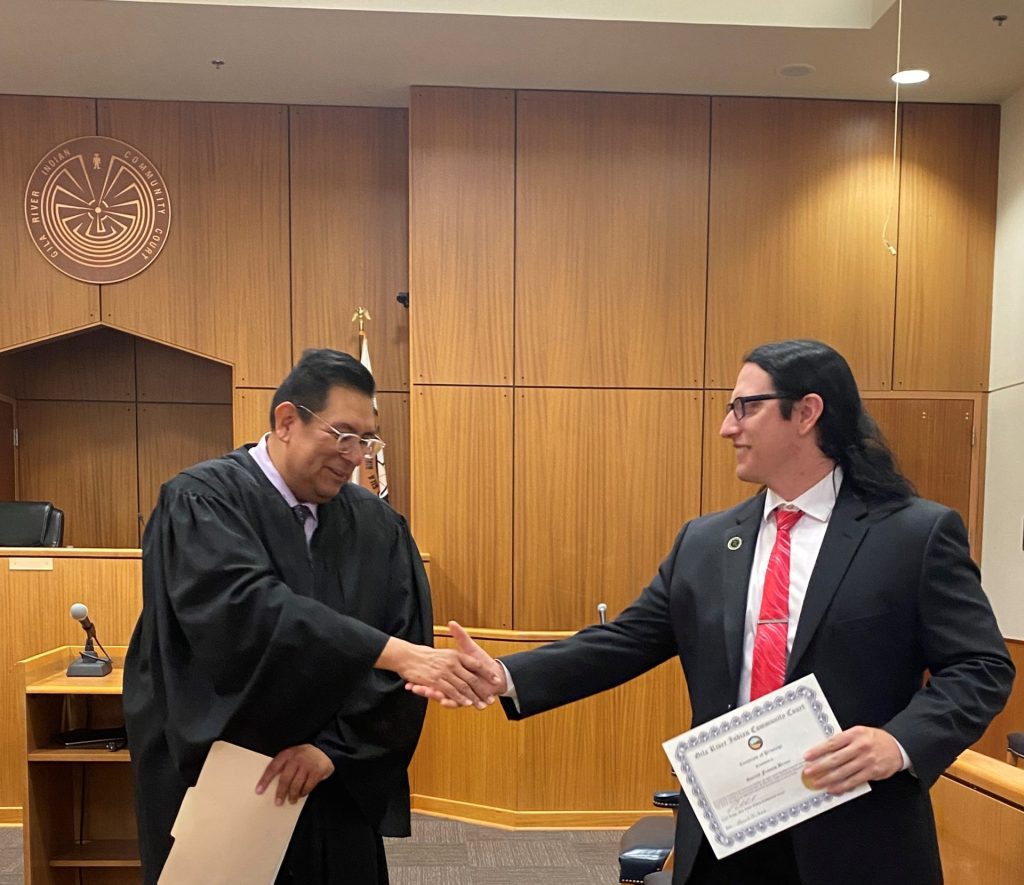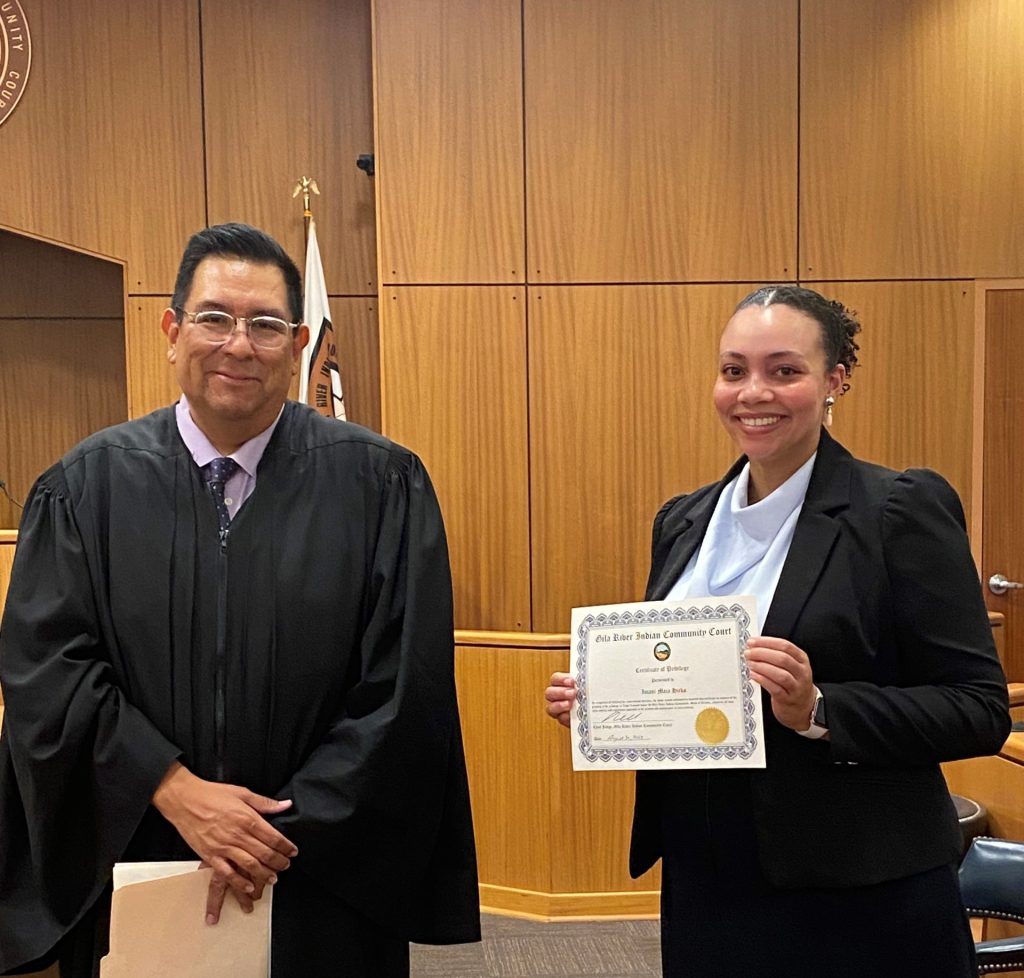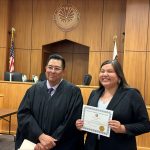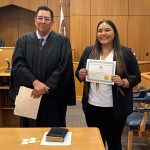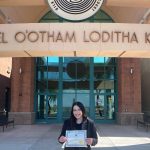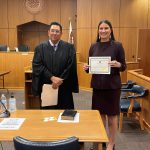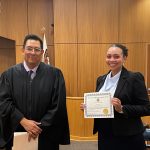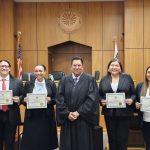New Mexico Legal Aid (NMLA) provides civil legal services to low income New Mexicans for a variety of legal issues including domestic violence/family law, consumer protection, housing, and benefits. NMLA has locations throughout the state including Albuquerque, Santa Fe, Las Cruces, Gallup, Roswell, Silver City, Clovis, Hobbs, Las Vegas, Taos, and Santa Ana Pueblo.
For this position, the staff attorney will handle issue for eligible clients such as:
- Eviction prevention
- Eviction diversion
- Habitability
- Reasonable accommodations
- Subsidized housing
- Low Income housing Tax Credit
- Other housing related work
The work will include:
- Advising clients.
- Helping them prepare paperwork.
- Representing clients in court and in administrative proceedings.
- Conducting community education and outreach to eligible clients and community organizations as necessary.
This attorney position is based in the NMLA Las office.
NMLA offers a very collaborative environment and support for less experienced attorneys. NMLA handles a wide range of creative, challenging and complex work. We are looking for highly motivated candidates who are passionate about and strongly committed to helping NMLA better serve our client communities.
Requirements:
- Experience as a licensed attorney preferred, but exceptional entry-level candidates will be considered.
- Admission to practice in New Mexico required.
- Must be able to effectively use computer technology and remote communications systems, including shared on-line workspaces, web meetings and videoconferencing. software, to effectively collaborate and co-counsel with staff located in multiple offices.
- Familiarity with Office365 is a plus.
- Have excellent written and oral communication skills.
- Ability to manage multiple tasks and manage a caseload.
- Able to build collaborative relationships with the staff in multiple offices and the community.
NMLA employees enjoy:
- Being unionized
- A great work environment
- Great benefits including generous leave
- Hybrid remote work schedule (3 days in office – 2 home office) available
- Competitive salary
Applicants will be subject to a background check. Please do not let this deter you from applying. NMLA is committed to a strong workforce and recognizes that persons with marks on their record may still be able to perform admirably.
The position is part of a collective bargaining agreement negotiated by the union. Pay is determined by years of experience and set by a union scale outlined in the CBA (click here to view the salary scale). NMLA provides comprehensive benefits, holiday and leave packages. For information about NMLA’s generous benefits, and what it is like to work at NMLA click here.
Applicants must submit a current resume and a cover letter in order to be considered. Your cover letter should include the ways in which you satisfy the skills and qualifications specified above and explain your interest in this position and the mission of NMLA. Your application will not be considered unless we receive both of these documents. To apply click here. As an alternative, you can email the applicant packet to jobs@nmlegalaid.org.
Salary: DOE, NMLA is an EEO Employer. Application Deadline: 11/15/2024

